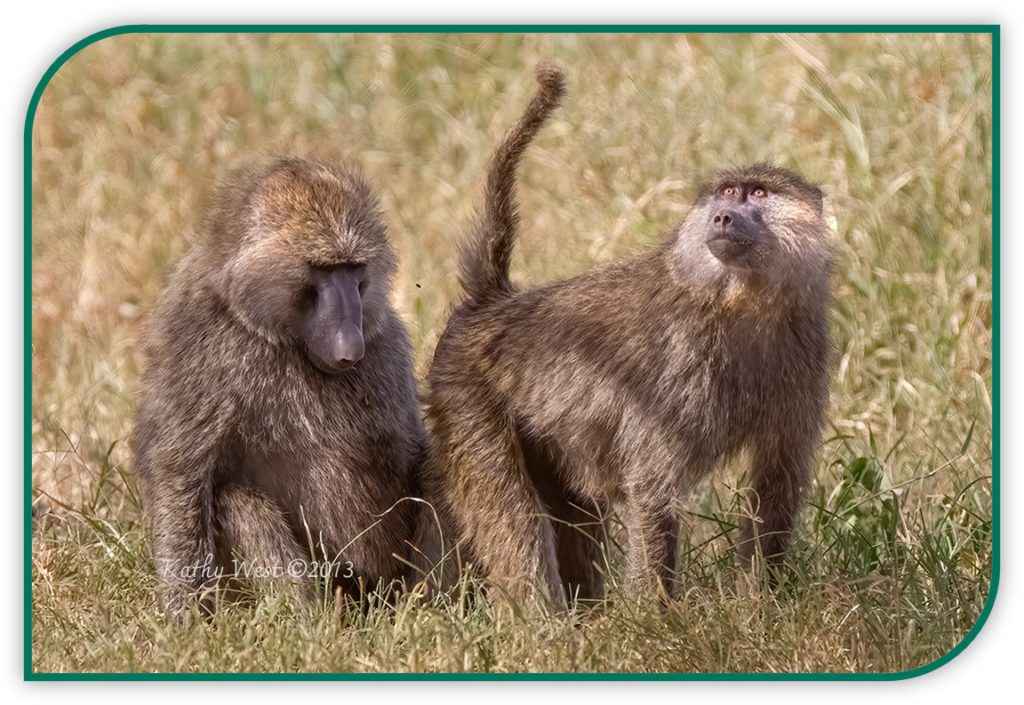
Primate Welfare Presentation Award

Deadline: TBD for 2024
The American Society of Primatologists Primate Care Committee (PCC) will award one prize annually to an outstanding oral presentation or poster presentation given at the annual meeting. Beginning in 2022 with the first hybrid ASP meeting, there will be an additional award given for an outstanding virtual presentation during the annual meeting. This award is intended to recognize high quality research that directly and significantly enhances the welfare and/or psychological well-being of captive nonhuman primates, or for research that provides a better understanding of the welfare of captive nonhuman primates.
Prize:
The winner will receive a $150 cash prize AND a one-year membership to ASP (with electronic access to the American Journal of Primatology).
General Process:
Applicants for the Primate Welfare Award must register for the ASP meeting, submit their abstract for presentation, and during the registration process they must select the box indicating they will participate in the Primate Welfare Award competition.
Only after the Program Committee has accepted their abstract may applicants continue with the competition process. Once their abstract has been accepted, applicants must submit a written summary of the welfare value of their work. The application is available here.
The written applications will be reviewed prior to the annual ASP meeting by the Primate Care Committee (PCC). Members of the PCC will view the oral or poster presentations at the ASP conference by the qualified applicants to judge their presentations. The winner of the award will be announced at the ASP Closing Banquet.
Eligibility:
To be eligible for the Primate Welfare Presentation Award the applicant needs to be the first author, and must give the oral presentation or be available to discuss the poster, but does not need to be present at the banquet to win. Anyone presenting their work at the ASP conference may apply. Individuals with or without terminal degrees (e.g., PhD, DVM) are eligible and those without such degrees are especially encouraged to apply. The written application and the project to be presented must be primarily the work of the first author.
Applicants may be entered in this competition and the ASP Student Competition simultaneously, but they will not be determined the winner for both.
Application Process:
The application is available here. The application includes a written description (no more than 500 words, excluding references) of the welfare value of your presentation (oral or poster) describing: how your research project enhances the welfare of captive nonhuman primates; how your research project could be applicable to other captive environments/primate species; and how your research project is innovative. Judges will consider the abstract, written description, and presentation/poster at the ASP conference in determining the award winner. Contact the Co-Chairs of the Primate Care Committee, Lisa Reamer (lisareamer@gmail.com) or Ori Pomerantz (opomerantz@ucdavis.edu), with any questions about the application process.
Judging Criteria:
Each presentation will be evaluated on the criteria listed below, using a five-point scale for each criteria. These scores will be summed to generate a score for each presentation. The presentation with the highest score will be selected as the winning presentation. In case of a tie, the Primate Care Committee will determine a single winner through discussion of the merit of the research.
Is the study well-designed?
- Have the data been appropriately evaluated?
- What is the extent of welfare or captive care impact?
- Does this increase our understanding of animal welfare?
- Is this information applicable to other facilities/species?
- Is the work innovative?
These awards are administered by the Primate Care Committee. Chairs: Lisa Reamer & Ori Pomerantz